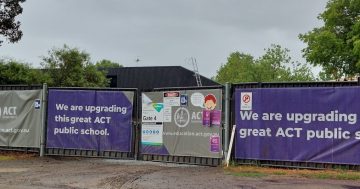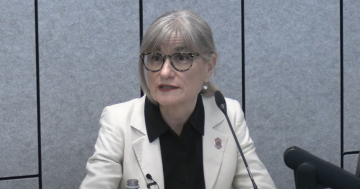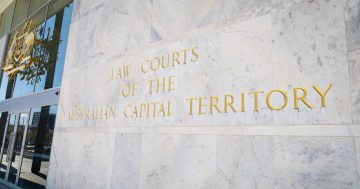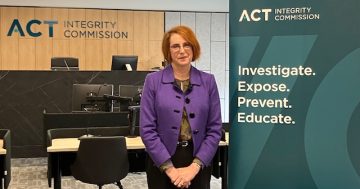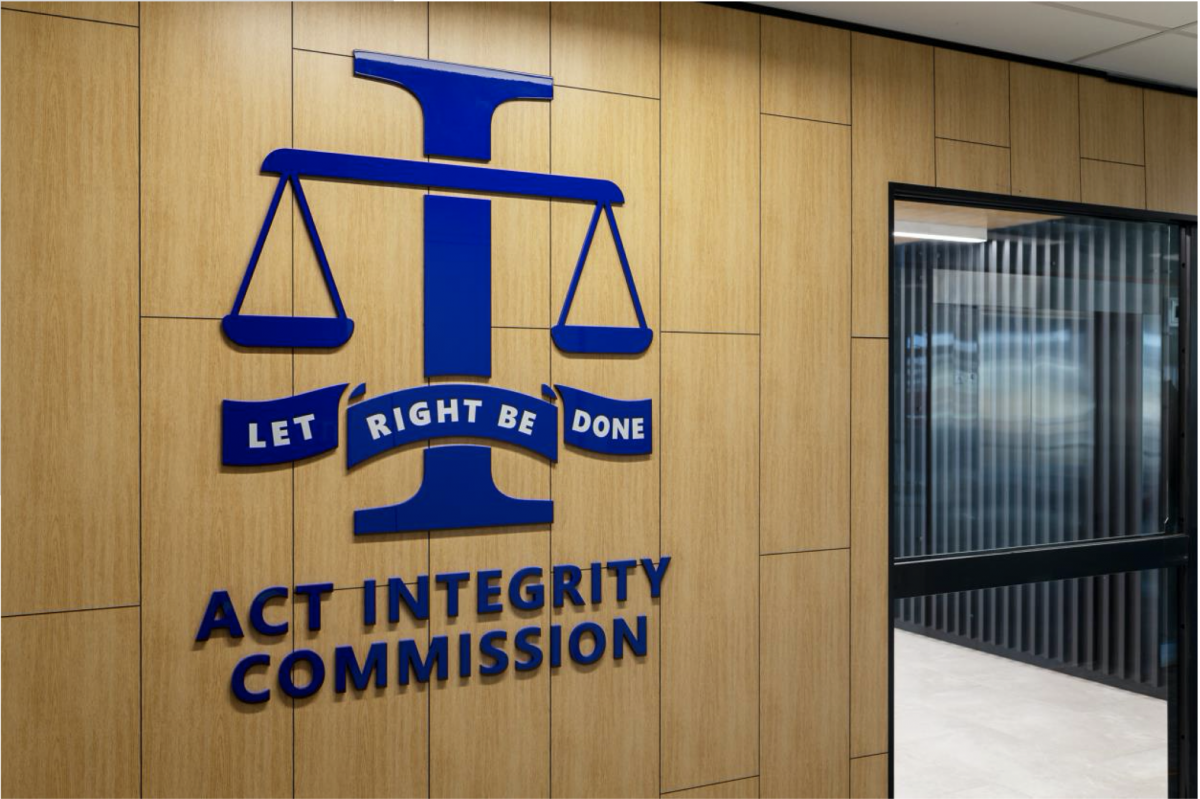
The ACT Integrity Commission is under-resourced and lacking the tools it needs, says Commissioner Michael Adams. Photo: Supplied.
Some might say the ACT Integrity Commission has made a rod for its own back taking on the CIT contracts investigation and there should be little sympathy for its resourcing plight.
But such was the intense public interest in the issue that Integrity Commissioner Michael Adams probably felt he could not look away.
In any case, Mr Adams made good use of the platform afforded by Assembly Estimates this week to let the government and the public know just how big the job had become and how under-resourced the watchdog was.
That is partly due to the recruitment crisis hitting both the private and public sector, but also because the real needs of the Commission are becoming more apparent with every investigation it starts.
But a million documents, even if many are emails, to trawl through in the CIT case tends to crystalise the mind about size of the task, not to mention the 20 or so witnesses that need to give evidence, perhaps, tantalisingly, in public hearings.
As Mr Adams told Estimates, “you pick up a rock and you find things that need to be looked at”.
The Commission also has the Campbell School upgrade procurement and eight other investigations on its books.
The Commission is gathering temporary staff to deal with the work demands but Mr Adams is looking at more permanent employees, as well as funding to meet short-term needs.
He flagged going back to the government for supplementary funding and said that the next Budget would need to boost the Commission’s permanent resources.
What is at stake is the timely delivery of findings, especially for those who have already been named as part of the CIT investigations, such as the CIT CEO Leanne Cover, who is on leave, the board members and the recipient of the contracts, Patrick Hollingworth.
“The problem with resources is that eventually you get it done, but you don’t want to get it done in two years,” Mr Adams said.
Nor should the public have to wait that long to know how and why its money has been spent, or if public officials have done something wrong.
The ACT Government established the Commission in good faith but it needs to be resourced appropriately so it can do its job properly and within acceptable timeframes.
The two reports handed down this year, which finally vindicated the government position on the Glebe Park and Dickson Tradies land deals after years of claims it had acted improperly, took more than two years to land.
The Commission also needs to be armed with the right tools to uncover corrupt behaviour, and Mr Adams also made it clear that the watchdog was short of teeth without the power to tap phones.
He highlighted the absurd situation where the Australian Federal Police had material on persons of interest that might be relevant to the Commission’s investigations but which Mr Adams could not access.
It’s been more than two years since Mr Adams told the government the powers were needed but the request has languished with the Justice and Community Safety Committee and it won’t be until next year that it will be dealt with as part of a statutory review.
Mr Adams obviously believes that is not good enough and wants Chief Minister Andrew Barr to speed things up, and he is awaiting a response.
These are serious powers that should not be available or used lightly, but if the ACT is fair dinkum about uncovering corruption and holding public officials to account then its watchdog needs to be taken off the leash, under the umbrella of the law. Otherwise, there are going to be lives on hold while elsewhere the world moves on as a hamstrung Commission shuffles towards findings years from the actual events.














